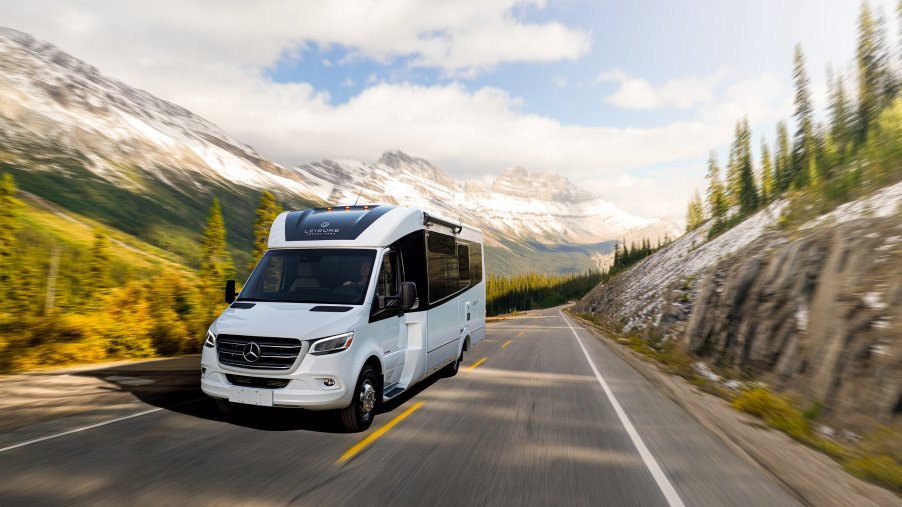
Is Buying an RV Really Worth It?
Whether you’re using them for road trips or camping, RVs have shot up in popularity recently. With the ability to take the comforts of home somewhere new and maintain social distancing, it’s easy to see why. But whether new or used, if the goal is getting out into the world, RVs aren’t necessarily the perfect solution.
Motorhomes vs. campers
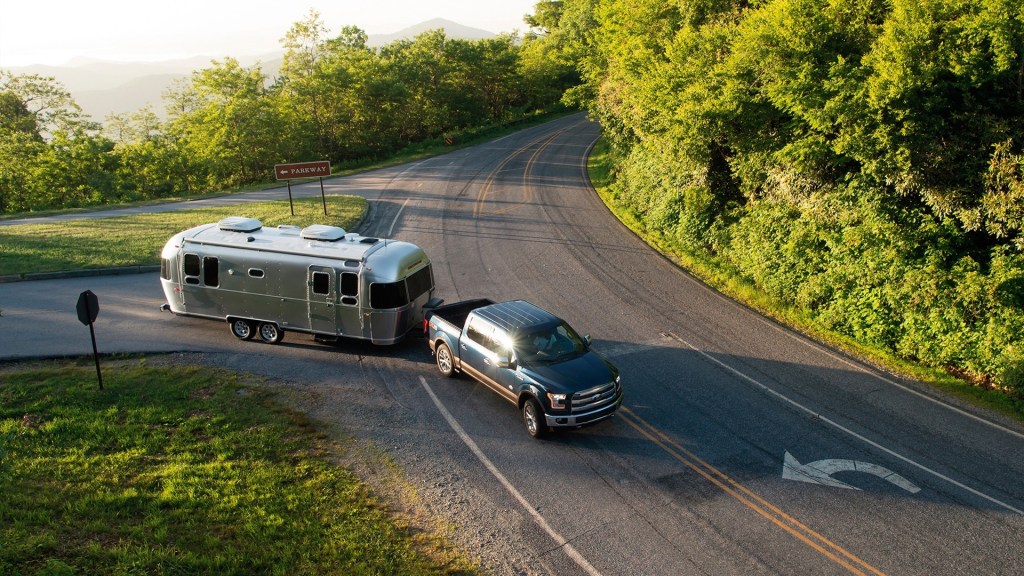
There are 2 general types of RVs, TripSavvy explains—motorhomes and towables. Camper trailers, like Airstreams, fall into the latter category, Business Insider reports. But many typically don’t refer to them as ‘RVs’, but simply ‘campers’ instead.
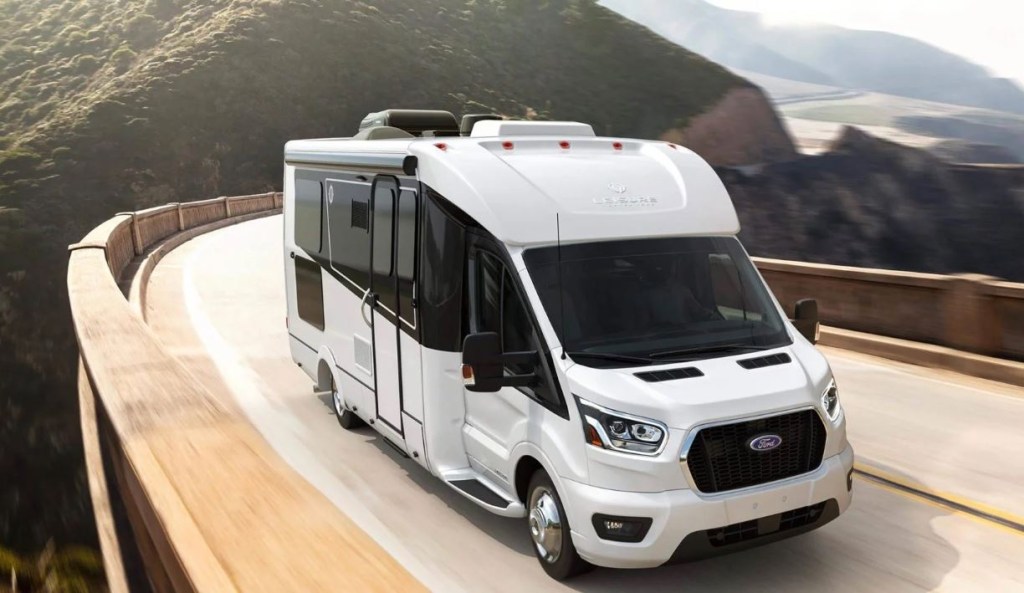
Meanwhile, a motorhome is what many typically associate with the word ‘RV.’ Motorhomes have their own engines, and a few are based on conventional vehicles, like the Ford Transit. Although campers are RVs, this post will focus on motorhomes. That’s because the latter are actual vehicles. You can’t drive a camper, but you can drive a motorhome. And that comes with a few downsides.
Downsides to owning and driving an RV
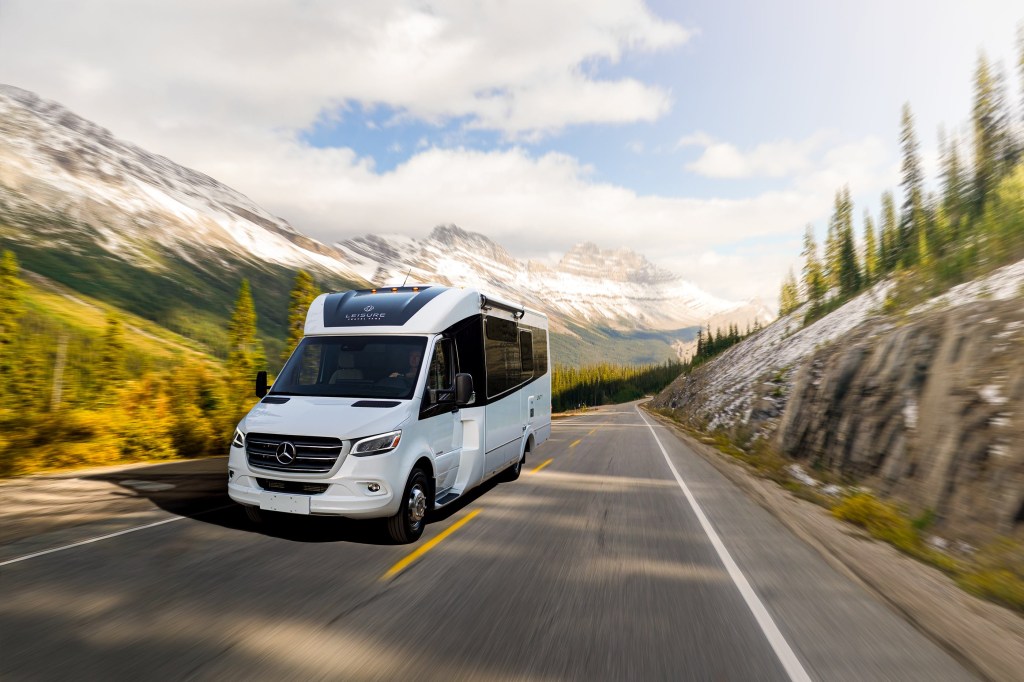
Firstly, even relatively-small motorhome RVs are large and heavy vehicles. The average Class C weighs 10,000-13,000 pounds, while the average Class A weighs 13,000-30,0000 pounds. True, most states don’t require a license to drive an RV that weighs less than 26,000 pounds. But that’s still significantly heavier than even heavy-duty pickup trucks. Not to mention larger and more difficult to drive and park.
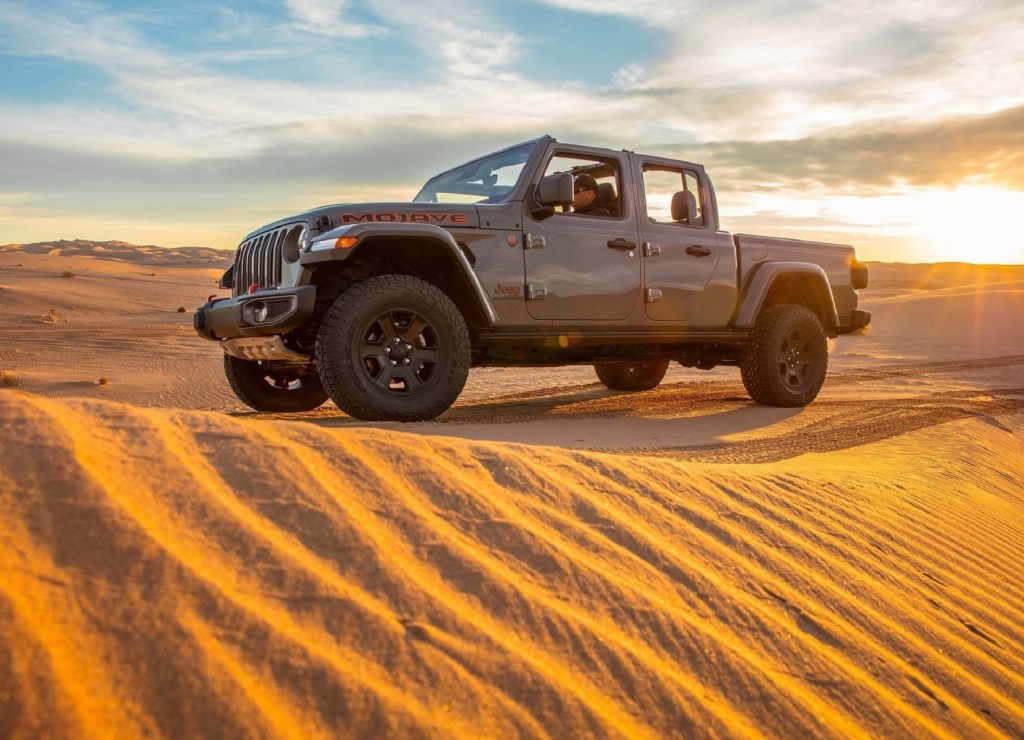
Secondly, buying and maintaining a new RV isn’t cheap, AARP reports. Even the cheapest Class C motorhomes cost about $60,000. Sure, there are quite a few cars, trucks, and SUVs that cost the same, if not more. For example, many Jeep Gladiator and Wrangler owners accessorize their off-roaders to that price point. However, a Gladiator is easier to live with on a daily basis.
In addition, maintaining even a cheaper used RV can get expensive quickly, AARP reports. One veteran RVer said to AARP, “’ When you have a motor home, you spend a lot of time in the repair shop… [g]et used to that.’”
Finally, although some motorhomes are based on conventional vehicles, not all of them are. But even the ones that are aren’t necessarily subject to conventional safety standards, Popular Mechanics reports. Which means fewer airbags, and potentially not even modern 3-point seat belts. Plus, an RV with a kitchen and cabinets means a lot of opportunities to hurt yourself on the move, Axle Addict explains.
Luckily, there are some RV alternatives worth exploring.
RV alternatives: pros and cons
First, if you have a tow vehicle, camper trailers are still RVs. TripSavvy recommends campers for those looking to get into the RV lifestyle. They’re not as spacious, and the most well-outfitted ones are a bit pricey. But they’re still cheaper and easier to deal with than a motorhome RV.
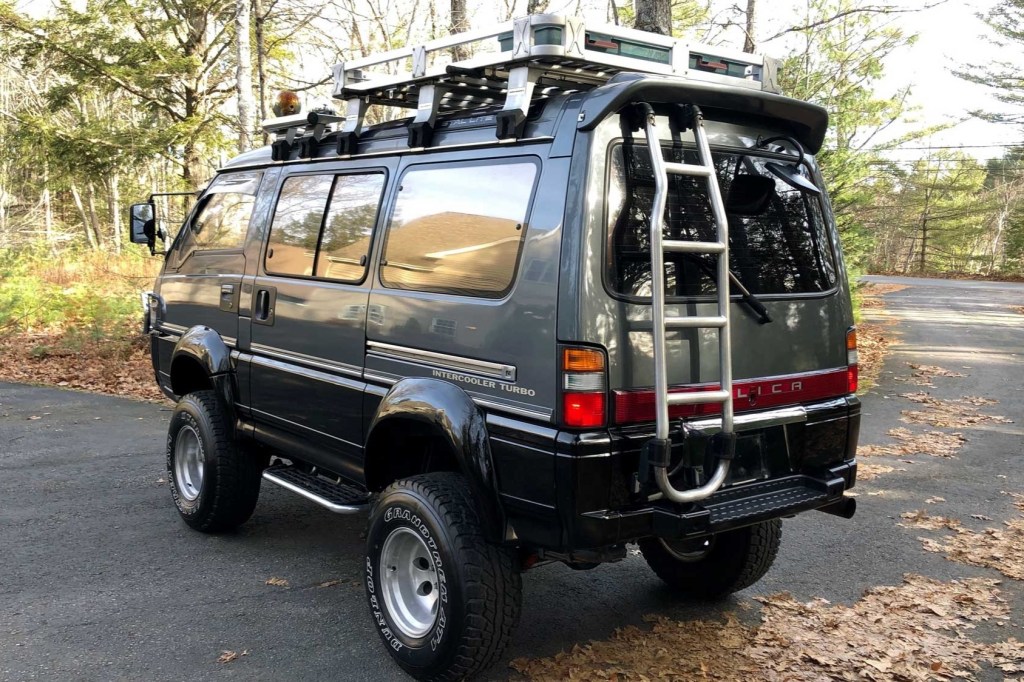
Another RV alternative is embracing #vanlife, Wide Open Country reports. Whether you want something off-road-ready, like a Mitsubishi Delica, or something more modern and luxurious, like the Mercedes Sprinter, vans can make excellent travel companions.
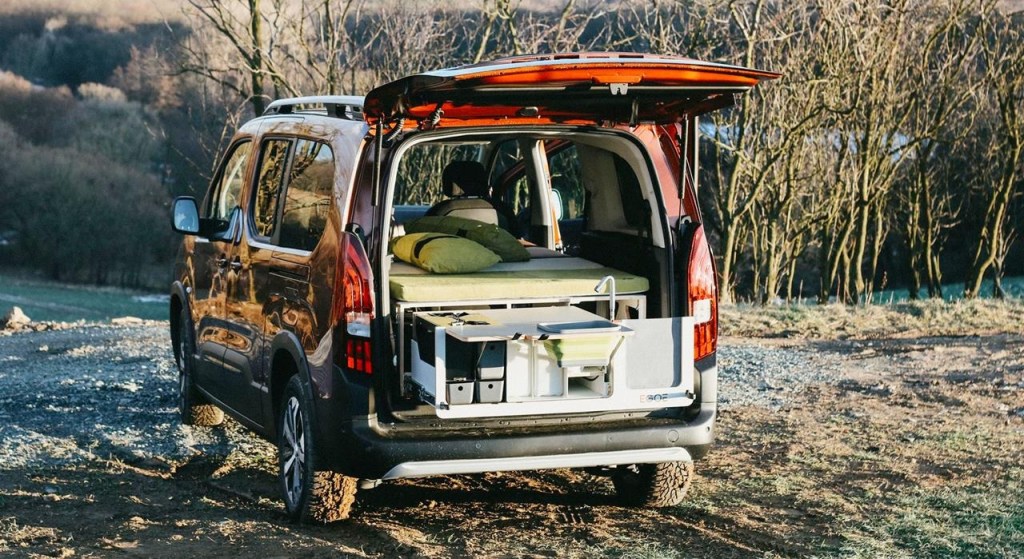
And it’s not just vans, either. SUVs, even older ones like the Honda Element and Pontiac Aztek, can be prepped for camping duty. Plus, companies like Egoé, Contravans, and Redtail Overland supply storage spaces, cooking modules, and rooftop tents for them. But both vans and SUVs have less interior room than the typical motorhome, especially a Class A one.
Finally, if you don’t feel comfortable towing a camper trailer, and you have a pickup, you can use a bed camper, instead. Some, like the Go Fast Camper, are fairly basic. Others, like the Scout Campers Olympic, though, offer features like solar panels and fireplaces.
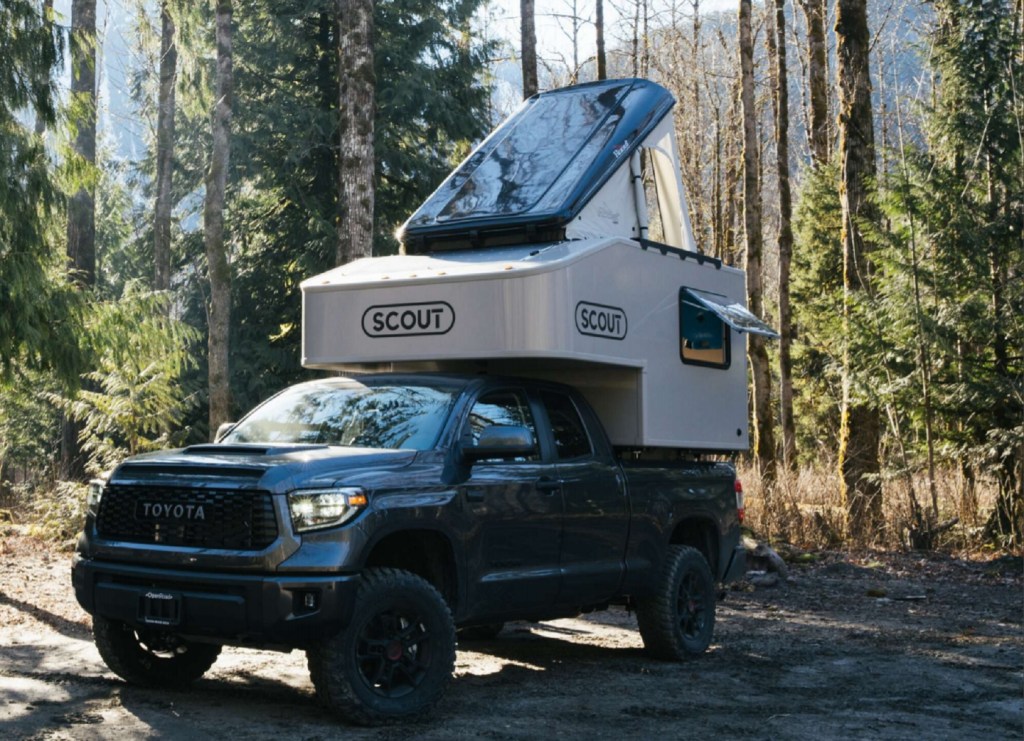
Adding luxuries does add cost, though. And when you add in the price of the truck, you may not be too far off the price of a basic Class A RV. But a truck bed camper can be removed—and the more basic campers leave the bed open for extra storage space.
Choosing between them
Ultimately, as with any other vehicle purchase, deciding between a motorhome RV, or any of the alternative choices, depends on a number of factors. How often will you use it? Where will you go, and what will you be doing? What’s your budget? How much storage area do you have? How mechanically-inclined are you? And, most importantly, what is your driving skill level?
If you have space and budget for it, an RV isn’t a bad vacation vehicle. But if you aren’t comfortable driving or fixing something that big, there are other options. Test drive and/or rent them, and see which is the best tool for your adventure.
Follow more updates from MotorBiscuit on our Facebook page.


